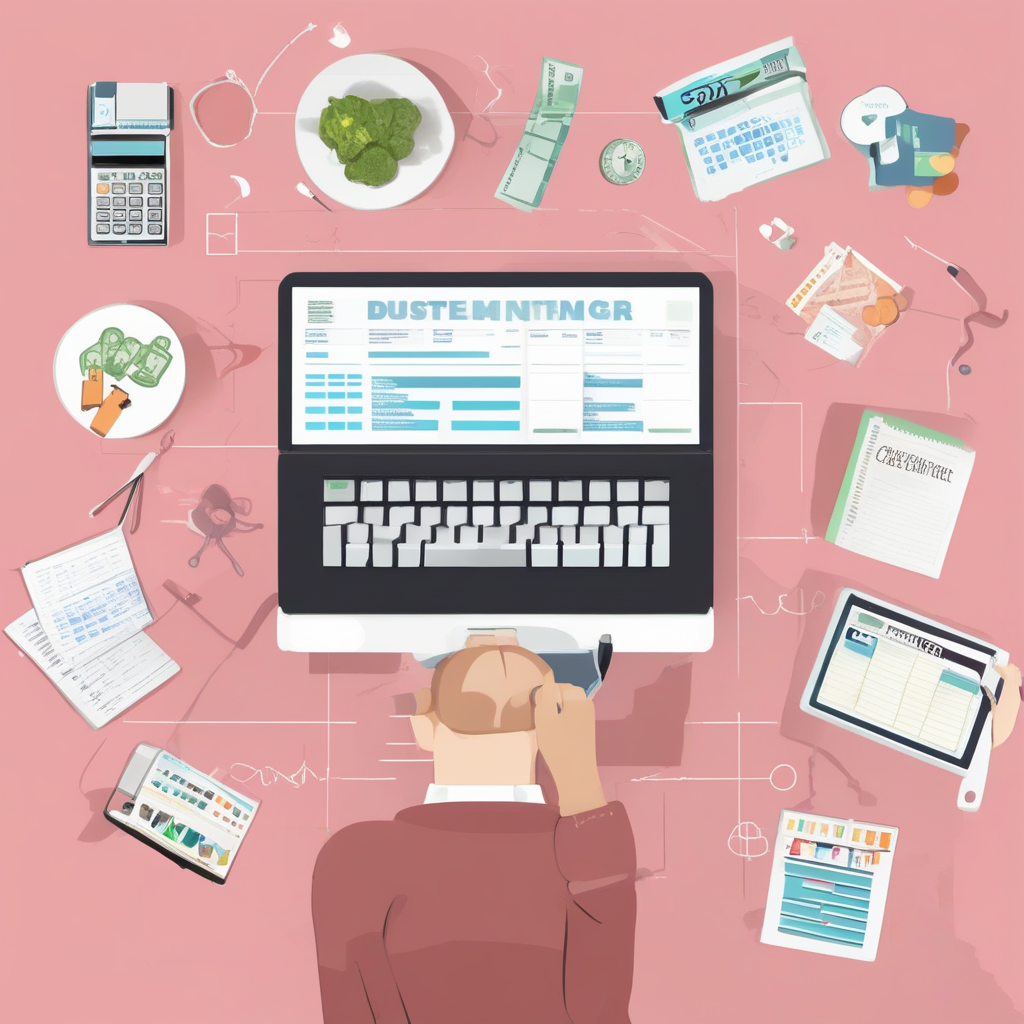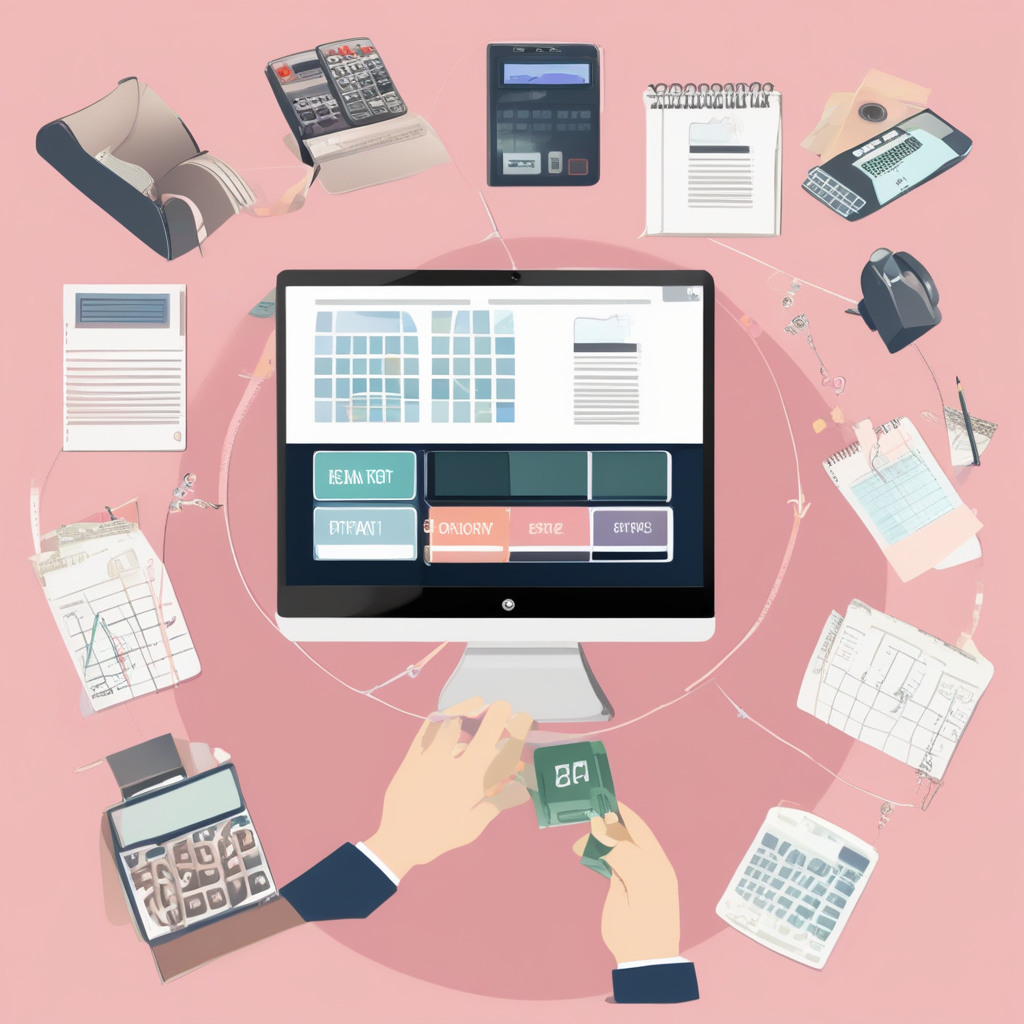Introduction
Hey there, young money master! Are you ready to learn how to manage your money like a pro? Budgeting is all about planning how to spend and save your cash so you can reach your goals. Imagine budgeting as a map that helps you find your way to awesome things like a new toy or a fun trip. In this guide, we’ll break down everything you need to know about budgeting strategies, and we’ll make it super easy to understand. So, let’s dive in and get started!
What is Budgeting?
Budgeting is like making a plan for how you use your money. Think of it as a way to make sure you don’t spend too much and that you save enough for the things you want. When you budget, you list all the money you get and all the things you need to buy or save for. Then, you decide how much money to spend on each thing.
Why is Budgeting Important?
Budgeting helps you avoid running out of money and makes sure you have enough saved up for special things. It’s like being the captain of your own money ship, making sure you don’t hit any icebergs or get lost at sea. With a good budget, you can reach your dreams, whether it’s buying a new game or saving up for a cool gadget.
Key Budgeting Strategies

1. Track Your Income
First things first, let’s find out how much money you have. This is called your income. Your income might come from allowances, gifts, or any extra chores you do. Write down all the money you get so you know how much you have to work with.
2. List Your Expenses
Next, think about what you spend your money on. This could be things like snacks, toys, or savings for a future goal. Write down everything you spend money on, so you can see where it all goes.
3. Create a Budget Plan
Now that you know your income and expenses, it’s time to make a plan. Decide how much money you want to spend on each thing and how much you want to save. Make sure you don’t spend more than you have. This is like setting rules for your money so you stay on track.
4. Set Savings Goals
Saving money is super important! Think about what you want to save for, like a big toy or a special treat. Decide how much money you need and how long it will take to save it. Set small goals to help you stay motivated.
5. Review and Adjust
Every now and then, check your budget to see how you’re doing. If you’re spending too much or not saving enough, make changes to your plan. This will help you stay on track and reach your goals faster.
Product Information

Budgeting Tools for Kids
If you want to make budgeting even easier, there are some cool tools you can use. These tools can help you track your money and keep your budget organized. Let’s take a look at some great options!
Budgeting Tool #1: Money Management Apps
These apps are like having a money buddy on your phone. They help you keep track of what you earn and spend. Some apps even have fun features like charts and games to make budgeting exciting.
Budgeting Tool #2: Budgeting Worksheets
Worksheets are like printable forms you can fill out to keep track of your money. They can help you see where your money is going and make it easier to stick to your budget.
Budgeting Tool #3: Savings Jars
Using jars or piggy banks can be a fun way to save money. You can label each jar for different goals, like a new toy or a special treat. This helps you see how much you’ve saved and how close you are to your goals.
Key Features of Budgeting Tools
| Tool | Description | Key Features |
|---|---|---|
| Money Management Apps | Track income and expenses on your phone | Easy to use, fun charts, goal tracking |
| Budgeting Worksheets | Printable forms for tracking money | Simple to fill out, visual tracking |
| Savings Jars | Jars for saving money with labels | Visual progress, fun and engaging |
Detailed Budgeting Tips

1. Make Budgeting Fun
Budgeting doesn’t have to be boring. Try making a game out of it! For example, you can challenge yourself to save a certain amount each week and reward yourself when you reach your goal. This way, budgeting becomes an exciting adventure.
2. Use Visual Aids
Visual aids like charts and graphs can make budgeting more interesting. Draw or create charts that show how much you’ve saved and how much more you need. This helps you see your progress and stay motivated.
3. Learn from Mistakes
It’s okay to make mistakes with your budget. What’s important is learning from them. If you spend too much one month, don’t get discouraged. Just adjust your budget and try again. Mistakes are a chance to improve and get better at managing your money.
4. Involve Family
Get your family involved in budgeting. They can help you set goals and give you tips on saving money. Plus, it’s more fun to work on budgeting together!
5. Stay Flexible
Your budget isn’t set in stone. If you find that you need to change something, go ahead and adjust it. Life can be unpredictable, so being flexible with your budget helps you stay on track no matter what happens.
FAQs
1. What if I don’t have enough money to save for my goal?
If you’re having trouble saving enough money, try setting a smaller goal or finding ways to earn a little extra. You can also look for things you can cut back on to free up some cash.
2. How can I stick to my budget?
Sticking to your budget can be tricky, but there are a few things you can do. Make sure your budget is realistic and includes fun stuff. Track your spending regularly to see if you’re staying on track. And don’t forget to reward yourself for sticking to your plan!
3. What should I do if I forget to track something?
If you forget to track an expense, just add it to your budget when you remember. It’s important to keep your budget as accurate as possible, so make sure to update it whenever you make a new purchase or earn extra money.
4. Can I use my savings for anything other than my goals?
It’s best to use your savings for the goals you set. However, if something important comes up, like a special opportunity, you might need to use some of your savings. Just make sure to adjust your budget and savings plan accordingly.
5. How often should I review my budget?
You should review your budget at least once a month. This helps you see if you’re meeting your goals and if you need to make any changes. Regular reviews keep you on track and help you stay motivated.
Conclusion
Congratulations, young budgeter! You’ve learned all about budgeting strategies and how to manage your money wisely. Remember, budgeting is like having a superpower that helps you reach your goals and avoid running out of money. Keep practicing and refining your budgeting skills, and you’ll be a money master in no time.
Budgeting might seem like a big task, but with the right strategies and tools, it can be fun and rewarding. So grab your budgeting tools, set your goals, and start planning your path to financial success. You’ve got this!

